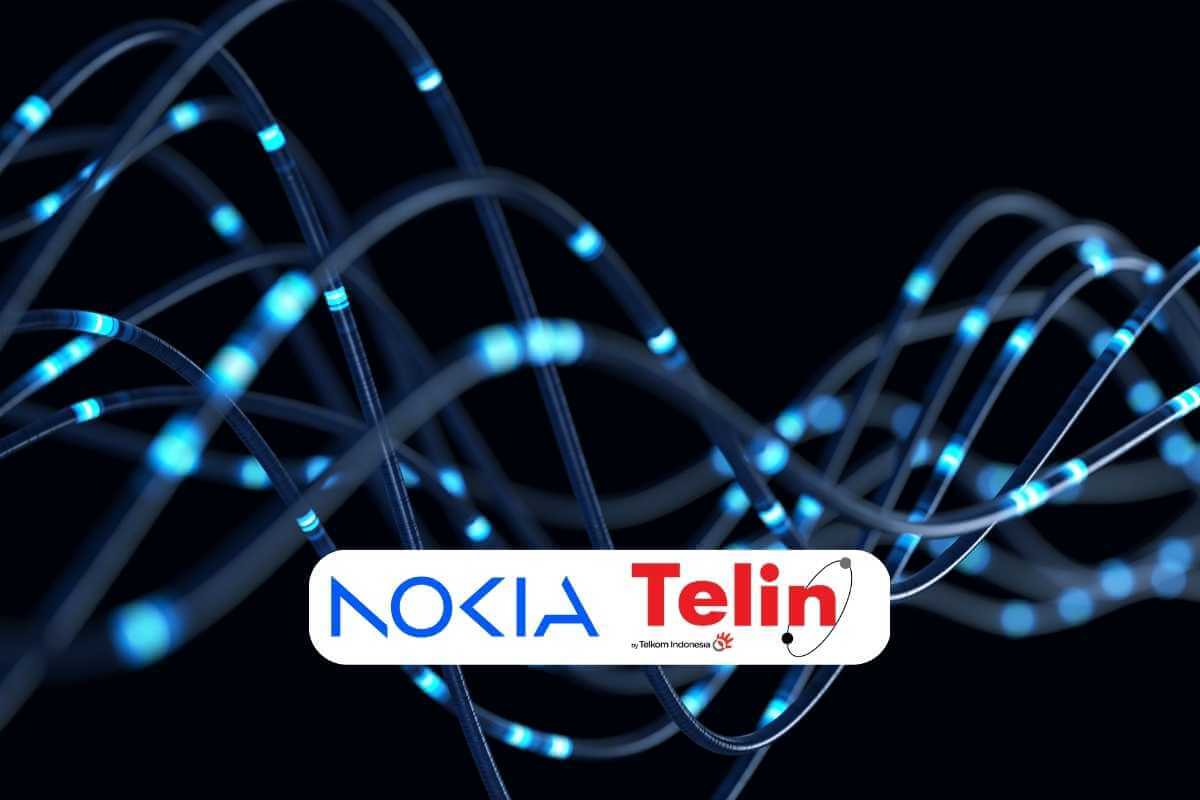
Nokia and Lintas of Indonesia have successfully conducted a trial of Nokia's next-generation PSE-V super coherent optics on PT Telekomunikasi Indonesia International (Telin)'s Indonesia Global Gateway's (IGG) submarine live network, which could lead to a significant increase in capacity for Telin's network.
Also Read: Nokia and Indosat Partner for Private Wireless Network
Solution to help Telin with capacity increase by 31%
During the trial, Nokia's PSE-V super coherent solution exceeded the quality benchmark set by Telin, recording a fiber capacity of 11 Tbps in the 2.2THz of optical fiber spectrum. The trial also showed that Nokia's solution could increase capacity by approximately 31% while lowering the total cost of ownership for Telin.
Nokia PSE-V super coherent chipset
Nokia's PSE-V super coherent chipset, which is powered by second-generation Probabilistic Constellation Shaping (PCS) technology, ensures optimal use of spectrum and helps service providers reduce cost per bit.
Also Read: Nokia and Globalconnect Achieve 1.2 Tbps Over Single Wavelength Using PSE-6s
The trial utilized Nokia's 1830 Photonic Service Switch (PSS) for Wavelength Division Multiplexing (WDM) and repeater loading the 1830 Photonic Services Interconnect - Modular (PSI-M) compact modular platform for PSE-Vs transponder cards, enabling Telin to further improve spectral efficiency on its subsea cable systems, including repeaters.
Also Read: Telkom Indonesia to Integrate IndiHome Into Telkomsel
Telin, International arm of Telkom Indonesia
Telin is the international arm of Telkom Indonesia, which is the largest network provider in Indonesia. Telin offers products and services to a wide global customer base, delivering the broadest global coverage of 27 submarine cables totalling more than 250,140 km in length and 58 points of presence in 26 countries.
Subsea cable between Jurong in Singapore to Manado in Indonesia
The trial was conducted last year over a 3,551 km subsea cable between Jurong in Singapore to Manado in Indonesia. Nokia and Telin recorded a capacity of 500 Gbps per channel compared to 400 Gbps per channel of the existing equipment. With the successful trial, Telin is now better equipped to handle the growing demand for capacity and improve network performance.















